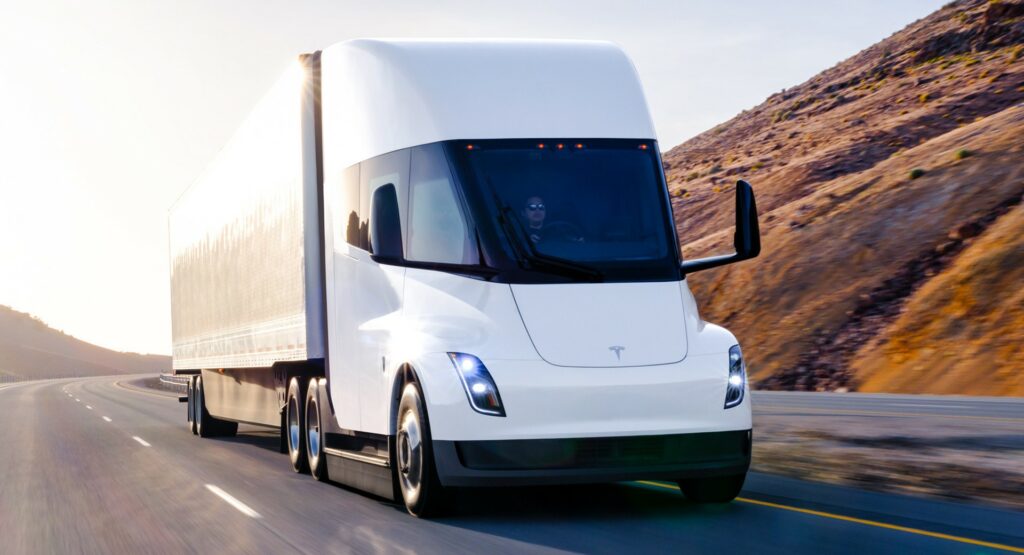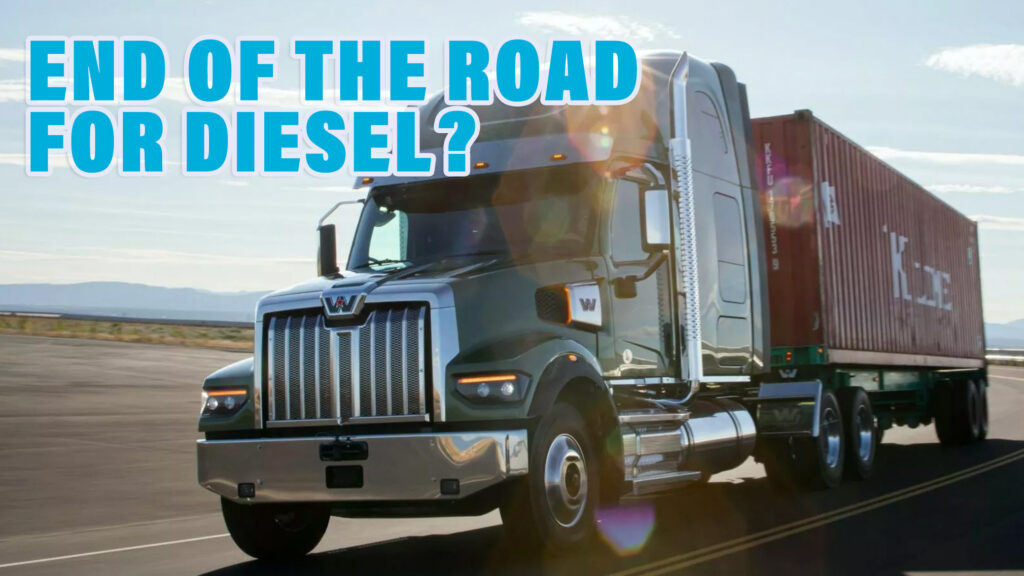California has been battling vehicles emissions with legislation for over 60 years, and last year decreed that all new cars must emit no tailpipe nasties by 2035. Now it’s big commercial trucks that are in the firing line, and the Biden administration is helping pull the trigger.
The EPA announced on Friday that it was granting California the authority to come down hard on big trucks and other heavyweight industrial vehicles. According to the tough plan, just over half of all new delivery vans and small trucks, 75 percent of buses and big trucks and 40 percent of semi-trucks would have to be battery-powered by the middle of the next decade.
Most of these vehicles currently run on diesel fuel, and making them switch to electric power is a huge deal. California has already decreed that all passenger cars must be zero emissions vehicles by 2035, but diesel-powered commercial vehicles produce far more emissions than an efficient gasoline-engined sedan or crossover.
Related: EPA Set To Grant California Authority Over Heavy-Duty Truck Emissions And Phase Out Diesels

California needed to wait for a green light from the EPA before pressing ahead with the new truck legislation because its stringent standards far exceeded federal requirement laid down by the government. But the ruling will have ramifications across the U.S. and not only in California. Just as other states have followed California’s lead with passenger car legislation, introducing similar 2035 bans on sales of new combustion-powered cars, pickups and SUV, so too are they echoing the truck legislation.
However, not everyone is enthusiastic about the potential demise of diesel, and we’re not just talking about diesel refineries worried about collapsing demand. The Truck and Engine Manufacturers Association, which represents America’s biggest truck makers, acknowledged California’s right to set its own limits but raised concerns about the limited lead time and availability of sufficient charging points. And multiple states have already joined forces to legally oppose California’s ability to set emissions standards that go beyond federal requirements.




